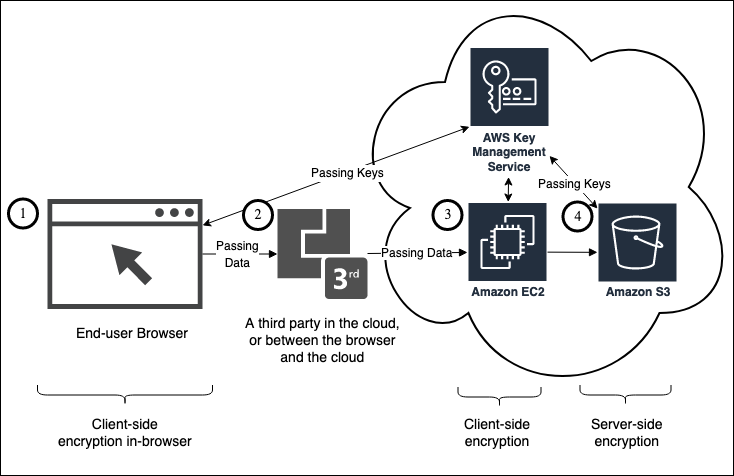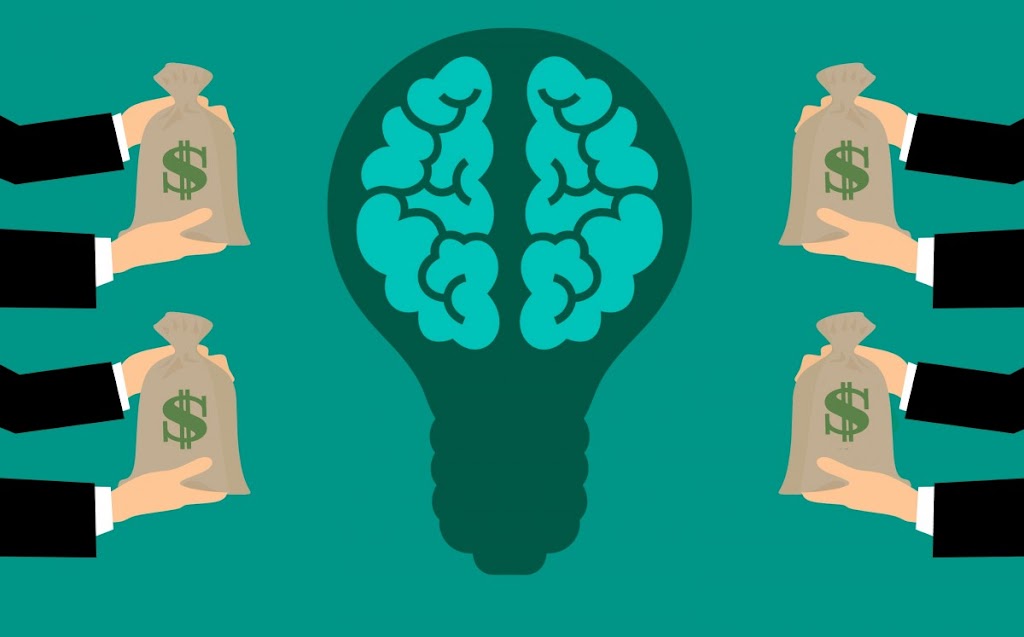It’s the not so secret, dirty secret of our modern lives. We live in a golden age of free services that make our lives interconnected on levels that our ancestors couldn’t even fathom. Instantaneous realtime interactive updates and vision of someone on the other side of the planet. For free!! We really do live the utopian lifestyle, or do we?
We are being monetized. The really insidious thing is, we like it. We crave it. Likes, follows, subscribers, retweets, pins, shares, the list goes on. We’re subsumed in a culture of instant gratification and constant engagement. These “free services” have hijacked the way we think and live, all while making copious amounts of money from the personal data we all but throw at them.
Whilst there is an innate understanding in all of us about the nature of how insidious and conniving these services are. We still gobble up every morsel of social media’s bright lights and flashy features, mostly without a single thought of who or more aptly how the bill is being paid. Of course we all know how the bill is being paid, but what are we going to do? Stop using social media?! Ha! Not a chance. Encrypt our data? Sure, maybe a small handful of us use a VPN to protect from snoops and those dreaded hackers. When using a VPN our data is all safe and unsellable right? Only sort of.
VPNs are the latest placebo safety blanket we wrap ourselves in. They do encrypt your data, however only when your data is traveling from your computer or phone to the VPN server. Once your data reaches the VPN server, it’s decrypted and sent on to Facebook (and the like) completely unencrypted and ripe for the selling. After all it would be a huge undertaking for social media services to establish an encrypted connection & data storage protocol for every single user…right?
 |
| Client side encryption – from Amazon AWS infosec blog |
There is no silver bullet, a first step being to anonymise the user from their data. This would allow big data to still squeeze every penny from selling and analysing our data through aggregation & on selling, but would offer at least a modicum of privacy and protection for we the digital slaves now wholly dependent on the dopamine hit from this flashy likes etc. The second would be a much more radical shifting of the monetisation model for these services to be wholly advertising based or (horror of horrors) we the end users might actually have to pay a tiny amount for the pleasure of using the admittedly brilliant services.

